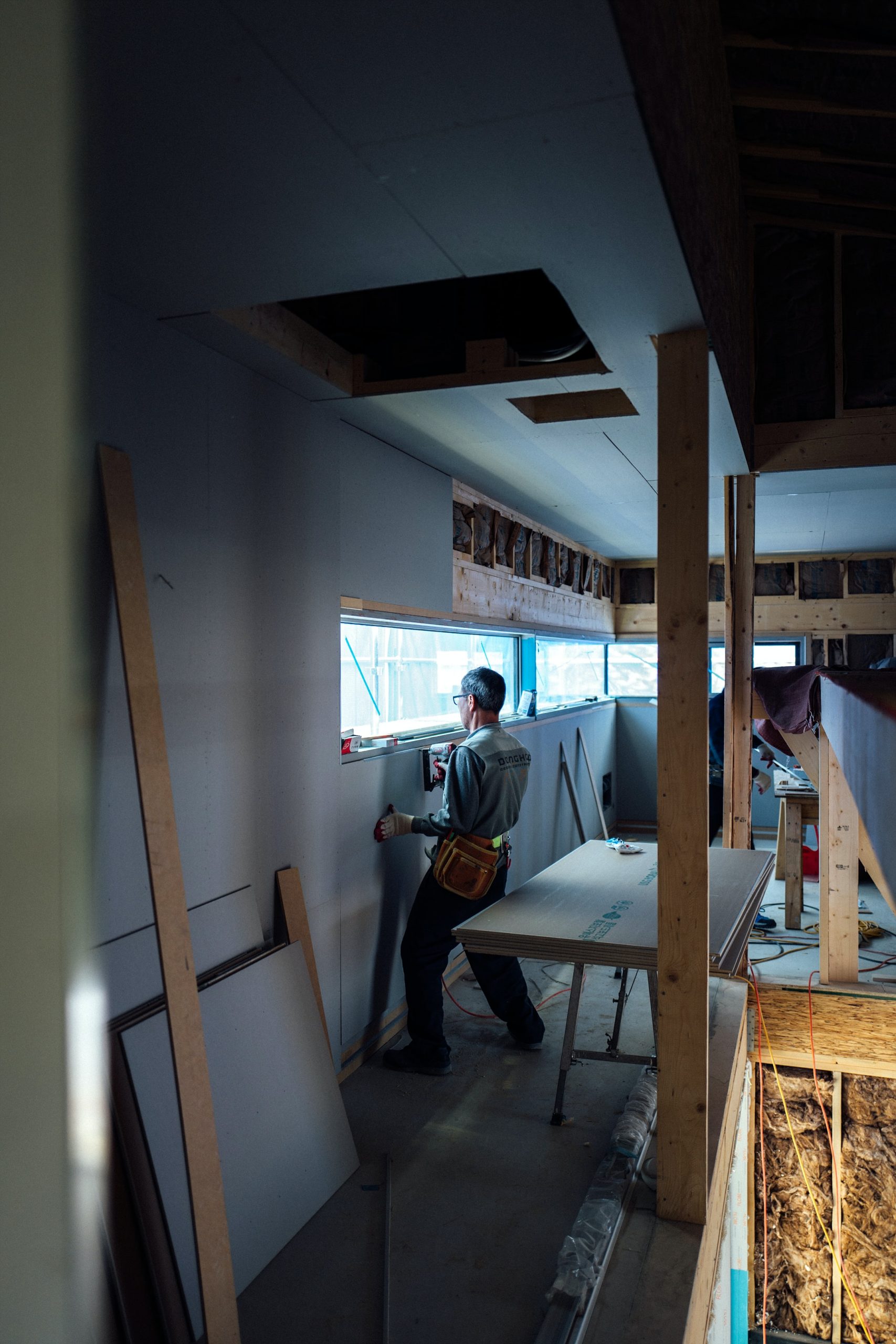How to choose a computer for work in the office or home? Choosing the right computers for work at home or in the office is always an attempt to find a balance between an attractive price and the right technical specification. A good office computer should, above all, be reliable and functional with a long operating time, and some parameters, such as the speed of the graphics card or the quality of CPU cooling, are much less important than in the case of gaming equipment.
To dispel the most common doubts, we decided to prepare a short guide, thanks to which you will choose the optimal equipment from hundreds of computer configurations available on the market.
- https://www.katalus.pl/ustawa-o-zamowieniach-publicznych-i-krajowa-izba-odwolawcza/
- https://www.lolapopp.pl/adwokat-bydgoszcz/
- https://www.mvg.pl/jak-przebiega-proces-budowy-dachow-i-co-jest-w-nim-najistotniejsze/
What to choose for work: PC or laptop?
While in the case of office equipment the choice should be quite clear (a desktop computer is much better), in the case of computers for work at home the situation is not so clear. First of all, a laptop is a useful option for people, especially freelancers, who often change their place of residence or use coworking services. It is true that working on a laptop is generally much less convenient than working on a good PC (especially when writing texts on commission, a mouse and a separate keyboard are useful), but this disadvantage is offset by mobility and the ability to work in almost any place and in situations such as power failure .
A huge downside to using a laptop is the inability to upgrade your hardware. Upgrading even the cheapest PC is not only convenient but also simple, and in the event of a failure it is easy to quickly equip yourself with a new component that will allow you to quickly return to using the equipment. Therefore, for offices and stationary workstations, a much better solution is to buy desktop computers for work.
- aparaty-cyfrowe.waw.pl
- przeprowadzkifirmkatowice.pl
- zaluzjefasadowe.waw.pl
- miod24.com.pl/pl/c/Miod-Wielokwiatowy/21
Which is better – a ready-made computer or self-assembled equipment?
The vast majority of hardware specialists clearly say that in most cases the best solution is a self-assembled computer. so-called ready-made products in most cases have outdated components, which, in addition, are offered at not very attractive prices. Self-assembly of a PC guarantees the selection of a processor, power supply and other computer components for work, which will be characterized by a favorable price-performance ratio.
Careful selection of each of the components of the PC also allows you to avoid the use of bad power supplies, which are one of the most important reasons for the burning of finished computers. Of course, on the market you can find good quality ready-made ones, but nevertheless, when browsing through the offers of computers for work, we encourage you to be very careful.
What should a good computer for work have?
When it comes to specific parameters, each newly purchased computer should absolutely have at least 8 GB of RAM. Weaker parameters of random access memory significantly hinder the use of most of the programs needed for work, and also slow down the operation of the device. For high comfort of work, it is worth investing in 16 GB of RAM – today’s gaming computers already have 32 GB or even 64 GB as standard, and 16 GB of RAM is not, contrary to appearances, an unnecessary expense for work computers.
However, when choosing a processor, you should definitely get a CPU with integrated graphics. This will save you from buying a completely unnecessary, separate GPU unit that is not needed for even the most advanced office applications. When choosing a processor, it is a good idea to focus on quality. A good CPU is an investment for many years, and a fast working computer significantly increases the comfort of performing business duties.
What to choose for an office computer: HDD or SSD?
Although disk drives (HDD) still dominate the hard drive market, SSDs based on the so-called SSD are becoming cheaper and more popular. flash memory. In the case of office computers, the latter type of memory works much better. Not only are HDDs incredibly slow, they tend to overheat and have a much higher failure rate, which can lead to the loss of important files. If when buying computers for work, the main criterion is not the price, but efficiency, then definitely the best choice are fast, shockproof and extremely efficient SSDs.
Flash memory significantly speeds up trivial activities such as copying and saving files, as well as the operation of programs such as spreadsheets and word processing. Equipping computers with an SSD drive is quite expensive, but ultimately it will not only save time, but also significantly reduce the risk of losing valuable documents.
When choosing a computer for work, it is worth taking into account not only the criterion of the lowest price, but also, and perhaps even above all, to focus on the comfort of using the equipment. A well-assembled device will allow you to increase the efficiency of your activities, which will translate into increased work efficiency.












